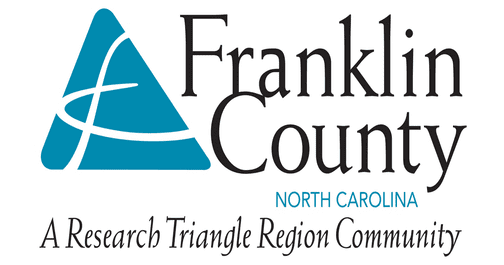Franklin County has submitted an application to the state’s Local Government Commission for funding to improve its public radio system used by law enforcement and emergency officials. It is one of several applications that will be reviewed when the LGC meets remotely tomorrow (Tuesday, Feb. 1).
The meeting will begin at 1:30 p.m. and the public may attend virtually at the following Go To Webinar link:
https://attendee.gotowebinar.com/register/8801061036096403215
Franklin County officials want the LGC to sign off on a private $15.1 million installment contract to improve spotty coverage and reliability of the public radio system used by law enforcement, fire, emergency and other agencies, and to expand its coverage across the county, according to a press release from N.C. Treasurer Dale Folwell. County commissioners also are seeking a separate $4.4 million private installment contract to install new water/sewer meter equipment and for new billing system software; no tax increase is expected for either project, according to the statement.
“The LGC, chaired by State Treasurer Dale R. Folwell, CPA, and staffed by the Department of State Treasurer (DST), has a statutory duty to monitor the financial well-being of more than 1,100 local government units. The commission also examines whether the amount of money units borrow is adequate and reasonable for proposed projects and confirms the governmental units can reasonably afford to repay the debt,” the statement read.
Other projects include beach renourishment projects totaling close to $40 million in Dare and Onslow counties following recent hurricanes.
The LGC is expected to vote Tuesday on $3 million in grants from the Viable Utility Reserve. The requests – $781.000 in merger/regionalization feasibility studies and just over $2.4 million in asset inventory and assessment studies – would allow local government units identified as having distressed water/wastewater systems to begin working toward long-term solutions for their systems. The reserve was established in 2020 by the N.C. General Assembly to improve the viability of distressed water and wastewater systems in the state.
LGC members also are being asked to approve several cost-saving refunding proposals at lower interest rates, as well as increases in revolving loans, including a $4.7 million loan to the city of Oxford for replacing water mains that are at least 100 years old.
|
